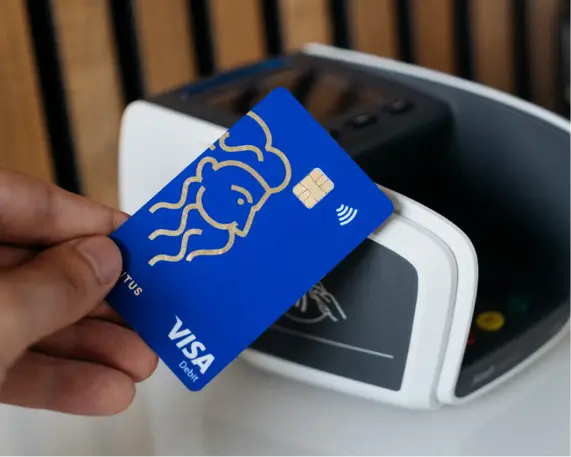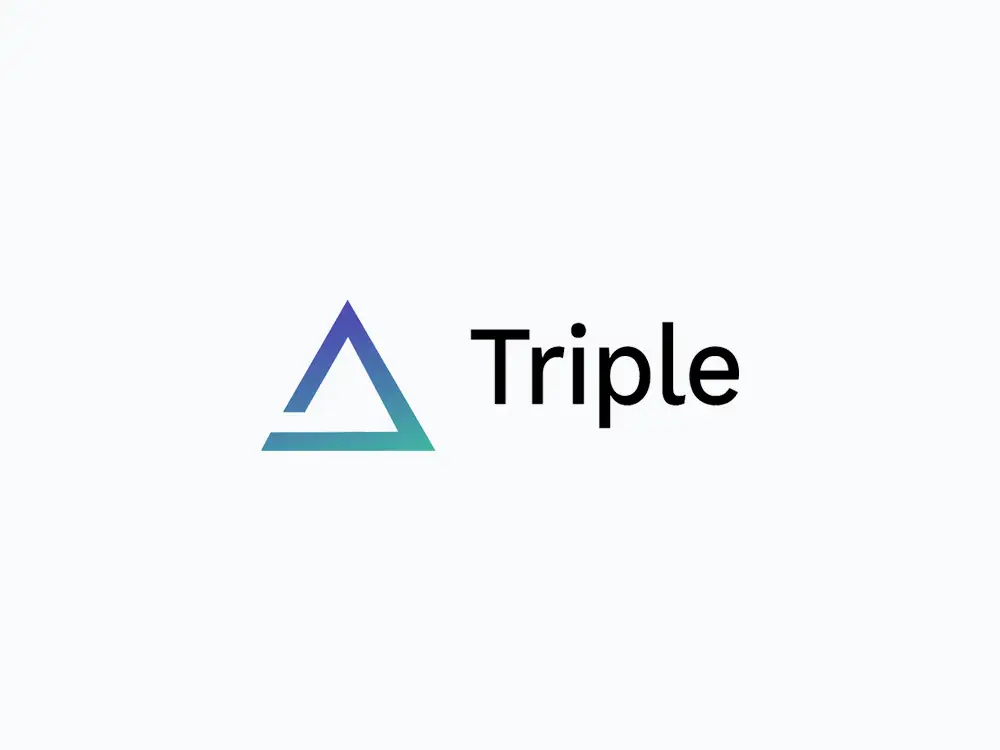Banking Identification Number (BIN) sponsorship is a quick shortcut for many companies looking to get their proposition to market both domestically and overseas. BIN sponsorship allows firms to process payments through an intermediary that is a direct scheme member.
Why not go direct? Direct scheme membership is often costly, time-consuming and complex, and even after the long registration (and collateral requirements) are completed and met, compliance becomes an ongoing task with regular reporting and regulatory responses.
The common solution would see companies going to issuers who can provide BIN sponsorship, it would seem it’s never quite that simple for a variety of reasons that companies should consider.
bobsguide spoke with Noel Smith, Business Development Director at TransactPay to find out how issuers and market participants interact.
Explaining the product
BIN sponsorship can require careful project management, so outlining the hurdles and goals is crucial. Many timeframes to completion are scheme-driven, and issuers will follow a service level agreement, but in some instances potential clients are sold near-impossible implementation periods and service benefits. That can lead to unfulfilled promises, and disrupts the market.
“There’s a fine line between promising ambitious and excellent customer service and bending the truth of the situation,” said Smith. “I’m open and transparent when it comes to telling a business if they can or can’t do something. At TransactPay, we have always taken this approach to prevent clients being left disappointed when timeframes are not met”
Know the jurisdiction
A critical component of any BIN sponsorship, overseas companies looking to expand to EU markets, may be applying the same strategy that has served them well in other international markets without due consideration.
“Some international companies don’t appreciate that each member country has a different set of rules and regulations,” says Smith, “and that a blanket approach to their product which may have worked elsewhere, simply won’t cut it in Europe.”
And it’s not just scheme rules that firms need to consider: “Scheme rules generally do not change,” says Smith, “but local laws do, and they can have an impact on a client or product.”
In terms of product viability, external political factors can also have an unexpected impact on BIN sponsorship decision. For too long have companies relied on the income generated on the interchange rate and adapted their business model accordingly. When the EU reduced the interchange rates across the whole of the EU for consumer products, it had profound effects.
“Some companies’ business models relied on interchange, and their profit margins were severely affected with the interchange reduction,” Smith points out.
“The US for example, has more preferential interchange rates and some business models still heavily rely on this income. A lot of US companies I have spoken to have decided against European expansions due to the low interchange rates.
Rule updates
As with most legislation, adjustments and amendments to scheme rules are often the difference between compliance and non-compliance.
Already more expensive than in other global jurisdictions, increases in scheme upfront and ongoing costs can equally impact business, especially if those costs are related to specific types of transactions.
“Say they increase costs on cross border transactions, that would affect travel products considerably, as those types of transactions are always non-domestic,” says Smith.
Schemes can also adjust their rules based on market factors, especially with the emergence of the crypto product.
Challenge brings opportunities
There is a plethora of opportunities that exist given the size of the EU market and the need to deliver more user friendly, cost transparent, effective solutions to customer segments that are very much underserved today. These segments include the need for servicing the underbanked consumer and corporate sectors which receive little or poor, take it or leave it solutions offered by current incumbents or indeed provide services these established financial services companies are simply not interested in. TransactPay’s sole focus is payments, and this allows the company to provide flexibility and support to deliver innovative solutions with partners with an emphasis on meeting stringent regulatory and scheme requirements yet delivering compelling customer focussed solutions.
Published on PaymentEye
Details
Date
16 May 2019
Category
Thought Leadership
Author
TransactPay


